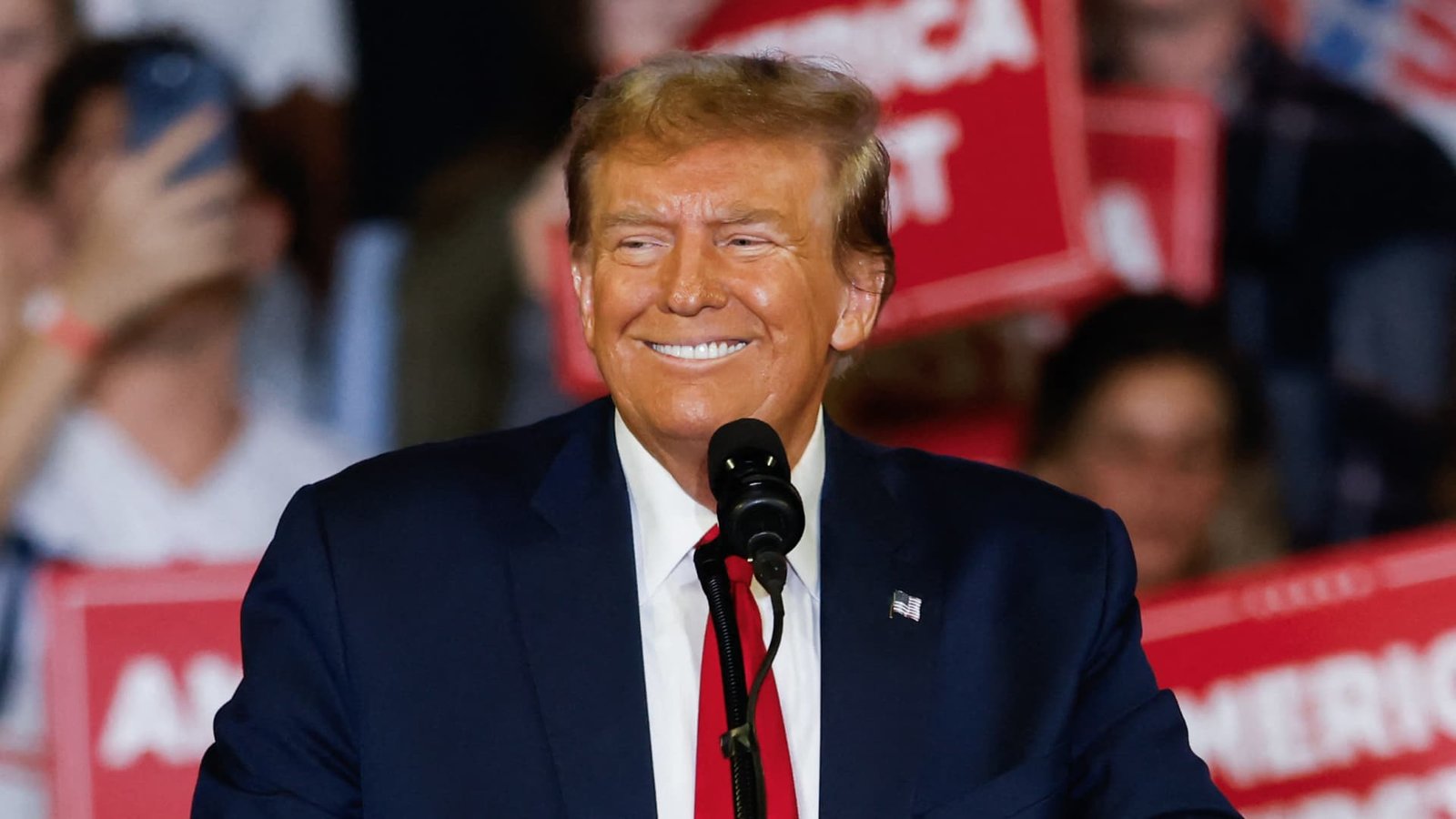In a landmark ruling, the Supreme Court unanimously reversed the Colorado court decision that prevented former President Donald Trump from appearing on the state’s Republican presidential primary ballot. The decision, which has broad implications for future elections, clarifies that states cannot bar candidates from federal offices based on the insurrection clause in the U.S. Constitution.
The case stemmed from Colorado’s decision to block Trump from the primary ballot due to his alleged role in inciting the January 6, 2021, riot at the U.S. Capitol. The state invoked Section 3 of the 14th Amendment, which prohibits individuals who have engaged in insurrection or rebellion from holding federal office. This provision was adopted after the Civil War to prevent former Confederates from reentering government positions.
The Supreme Court’s ruling affirms that states do not have the authority to enforce Section 3 with respect to federal offices, including the presidency. Instead, the responsibility for addressing such issues falls to Congress. The decision emphasizes the separation of powers between state and federal governments and underscores the primacy of federal law in matters concerning federal elections.
While the ruling allows Trump to appear on Colorado’s primary ballot, it does not absolve him of the allegations of insurrection. The Court’s decision was based on constitutional principles rather than an assessment of Trump’s actions. This distinction is crucial because it highlights the legal basis for the ruling and avoids making a judgment on Trump’s conduct.
The implications of the ruling extend beyond Colorado to other states that had taken similar actions to bar Trump from their primary ballots. Maine and Illinois, which had also cited Section 3 of the 14th Amendment in disqualifying Trump, will need to reassess their decisions in light of the Supreme Court’s ruling. This consistency in interpretation of federal law across states is essential for ensuring the integrity and fairness of the electoral process.
The Supreme Court’s decision was met with mixed reactions from various stakeholders. Trump hailed the ruling as a “BIG WIN FOR AMERICA!!!” and emphasized the importance of allowing voters, rather than courts, to decide candidates’ fate. He expressed confidence in the electoral process and the ability of voters to hold candidates accountable through their votes.
On the other hand, critics of the ruling expressed disappointment and concern about its implications for accountability and the rule of law. Some argued that the Court missed an opportunity to address the issue of insurrection and failed to hold Trump accountable for his alleged role in the Capitol riot. The decision was seen as a missed opportunity to set a precedent for future cases involving insurrection and its consequences.
The dissenting opinions within the Court reflected the complex legal and constitutional issues at stake in the case. Justices on both sides of the ideological spectrum articulated their views on the scope of Section 3 of the 14th Amendment and the role of Congress in enforcing it. The divergent opinions underscored the challenges of interpreting constitutional provisions and balancing competing interests in high-profile cases.
In conclusion, the Supreme Court’s ruling on Trump’s eligibility for the Colorado primary ballot has significant implications for the electoral process and the interpretation of federal law. The decision clarifies the respective roles of states and Congress in enforcing constitutional provisions and underscores the importance of legal clarity and consistency in election-related matters. While the ruling does not resolve the controversy surrounding Trump’s alleged involvement in the Capitol riot, it sets a precedent for future cases involving insurrection and its ramifications for federal officeholders.

